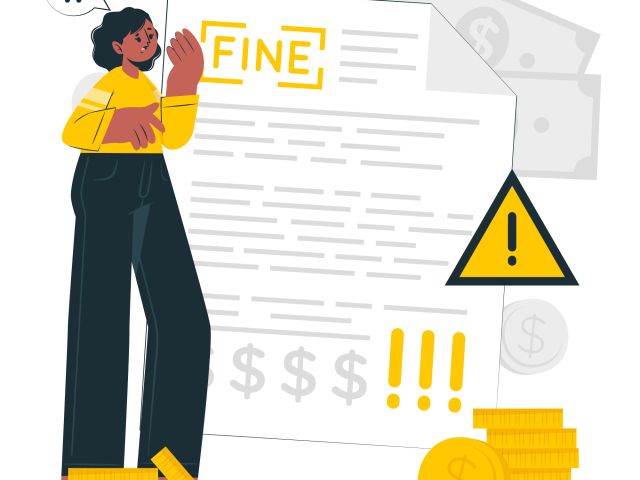E-commerce
legal advice
that delivers
E-commerce legal advice
that delivers
We help you to establish and operate your e-commerce business in compliance with UK, EU and Swiss law
Setting up an e-commerce business is relatively easy. Navigating the laws that impact your on-line business can be complex.
Our technology lawyers will work closely with you to understand your e-commerce model and then advise on the key legal issues that impact your business. We will help you draft your on-line terms and conditions, your privacy notice and all other contracts that you need for e-commerce.
- Online contracting
- Terms and conditions for your website
- Contracts for the supply of digital content and digital services
- Advising on different e-commerce models
- Digital signatures
- Data protection
- E-commerce marketplaces
- On-line regulation
- Consumer protection law impacting e-commerce
Latest News on E-commerce
The European Commission is increasing pressure on e-commerce platforms, with fast fashion retailer SHEIN currently at the center of multiple investigations.
The UK’s Online Safety Act 2023 (OSA) introduces a new legal framework to make the internet safer, especially for children. It places firm duties on online service providers to prevent and remove harmful or illegal content. A recent case involving OnlyFans demonstrates that Ofcom takes the enforcement of the OSA and other online safety regulations seriously. Fenix International Limited, the company behind OnlyFans, was fined £1.05 million for providing inaccurate information about its age verification processes.
Ofcom has opened its first formal investigation into an online service provider under the Online Safety Act (OSA). The regulator is looking into whether the operator of an online forum has failed to meet its legal duties under the new law. Specifically, Ofcom is examining whether the provider has:


![FireShot Capture 152 - Isometric laptop with shopping cart on keypad - Free Vector_ - [www.freepik.com]](https://www.loganpartners.com/wp-content/uploads/2025/06/FireShot-Capture-152-Isometric-laptop-with-shopping-cart-on-keypad-Free-Vector_-www.freepik.com_-thegem-blog-justified.png)

